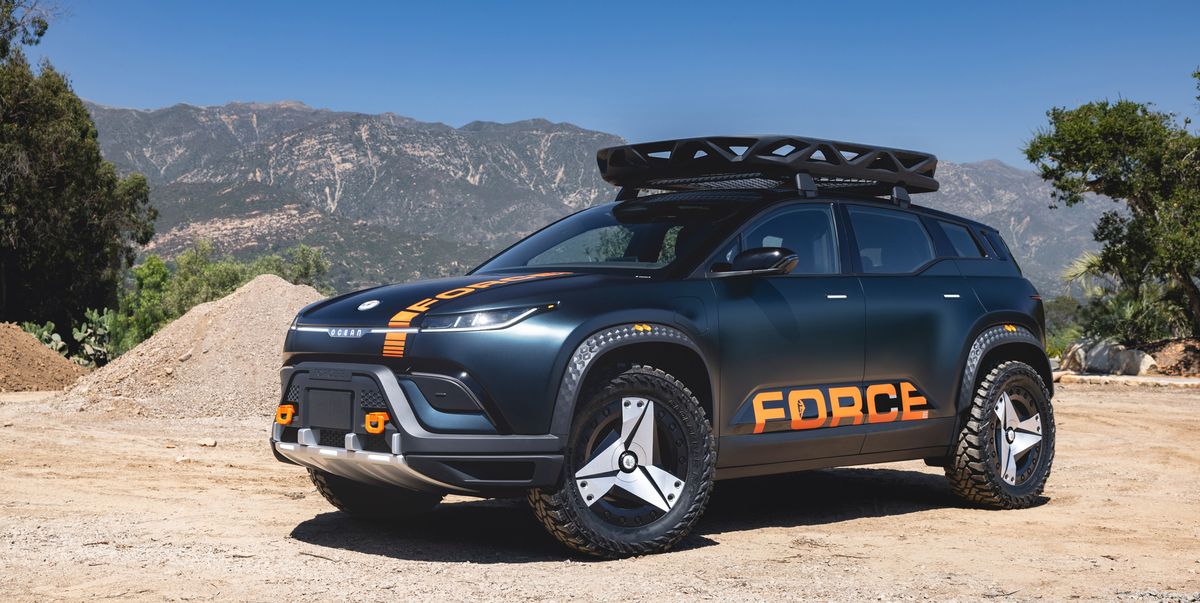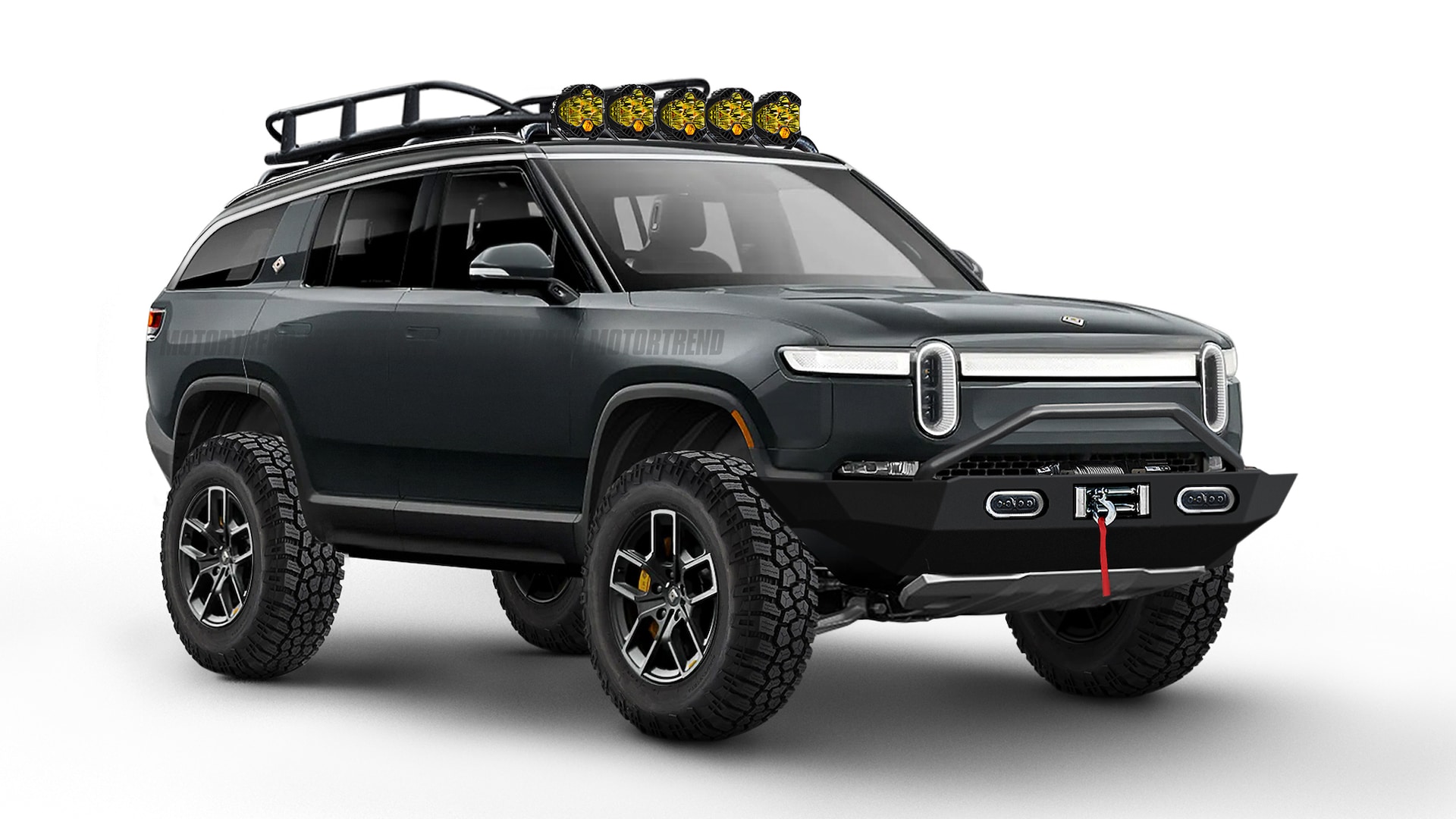HighVoltOverland
Rank IX

Builder III
- 13,487
- First Name
- Gus
- Last Name
- Caller
- Member #
-
31666
- Ham/GMRS Callsign
- GMRS - WRVW409
- Service Branch
- Army
Wait what?Doesn't matter what forum, these threads all follow the same basic pattern
Botman with new account and transparent username posts feel good propaganda .
People living in reality post reasonable and actual objections to the technology and point out critical flaws.
Botman starts each reply the same, then posts a bunch of hopes and dreams and projects technological changes that are unattainable using known technology and dismisses contrary points of view as "conspiracies"
More people living in reality stop by and voice concerns.
Botman regurgitates more of the same, injects HUMAN LIKE CHARACTERISTICS INTO THE REPLIES.
Somebody who bought "safe and effective" stops by to declare anyone rejecting the propaganda a "cultist" and gives Botman a hug
No ones opinion changes, no lessons are learned
OP shared a YouTube video and personal experience
Why is the assumption it’s a bot?
Am I a bot because I didn’t take time to say platitudes like “EVs are dangerous” or “I do a million mile road trips into the tundra so I could never rely on a charging infrastructure because I’m such a true overlander”
Damn.
Beep boop beep







